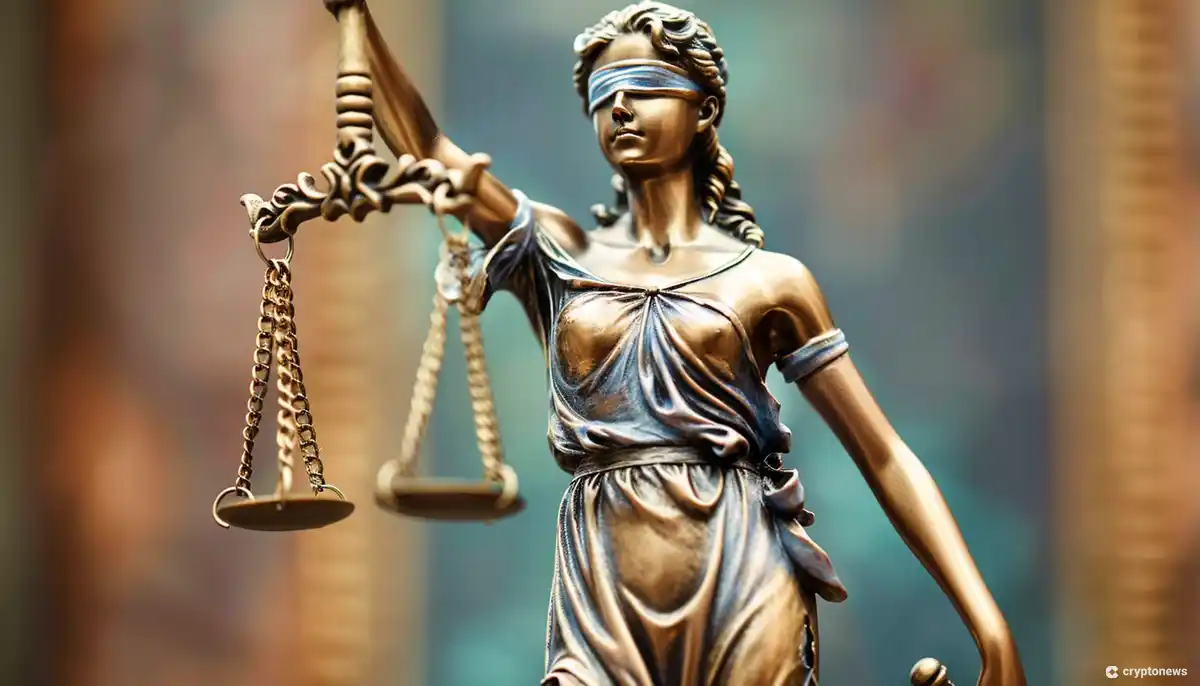Ripple Labs recently made a strong argument in its ongoing lawsuit against the US Securities and Exchange Commission (SEC) by citing the recent Terraform Labs settlement. The company is seeking to reduce the SEC’s proposed $2 billion penalty to $10 million by drawing parallels between the two cases. Ripple’s attorneys highlighted the key differences between their case and Terraform Labs’, emphasizing that while Terraform faced fraud charges, Ripple is only accused of selling unregistered securities without fraud allegations. They argue that the SEC’s pursuit of a similar settlement is unfair given the varying circumstances of the cases.
The recent New York District Court approval of the SEC and Terraform Labs settlement on June 13 includes $3.6 billion in disgorgement fines, a $420 million civil penalty, and almost $467 million in prejudgment interest. This settlement followed Terraform Labs and former CEO Do Kwon agreeing to pay a $4.47 billion fine in their SEC fraud case on June 12. Kwon must also pay an $80 million civil fine and transfer $204.3 million to the company’s bankruptcy estate to repay investors. Ripple is using this settlement as a reference point to argue that the SEC’s penalty request in its case is excessive and should be reduced.
The legal battle between Ripple and the SEC has been ongoing since December 2020, when the US regulator sued Ripple for raising over $1.3 billion through the illegal sale of XRP tokens. The SEC alleges that XRP constitutes unregistered securities. In July 2023, a New York federal court ruled that while the sale of XRP on exchanges and through algorithms did not violate American securities law, sales to institutions did. Initially, the lawsuit targeted Ripple’s CEO, Brad Garlinghouse, and Co-Founder, Chris Larsen, but the charges against them were dropped in October 2023. In March 2024, the SEC proposed a recovery and civil penalty amounting to $1.95 billion, which Ripple opposed, advocating for a civil penalty of $10 million instead.
The recent filing by Ripple included a redacted paragraph detailing its revenue from institutional sales, income taxes paid, and incurred losses to support its defense against the SEC’s proposed penalties. This information showed that Ripple had no gains to disgorge, further strengthening its argument for a reduced penalty. Crypto enthusiasts speculate that the Ripple and SEC saga may come to a conclusion by the end of 2024 as the legal battle continues between the two parties. Ripple’s efforts to challenge the SEC’s proposed penalties highlight the complexities of regulatory oversight in the cryptocurrency industry and the importance of transparency and compliance for companies operating in this space. With ongoing developments and legal filings, the outcome of the Ripple-SEC lawsuit remains uncertain, but it is clear that both parties are actively pursuing their respective interests in this high-stakes legal battle.











